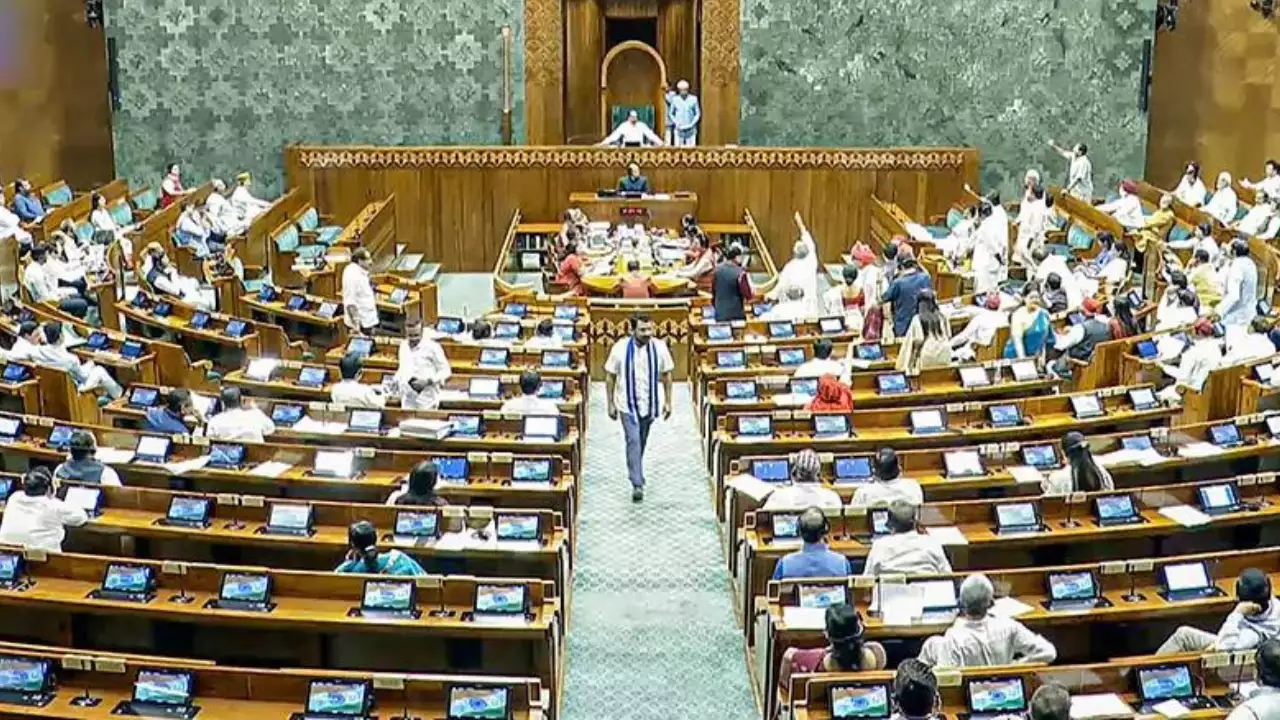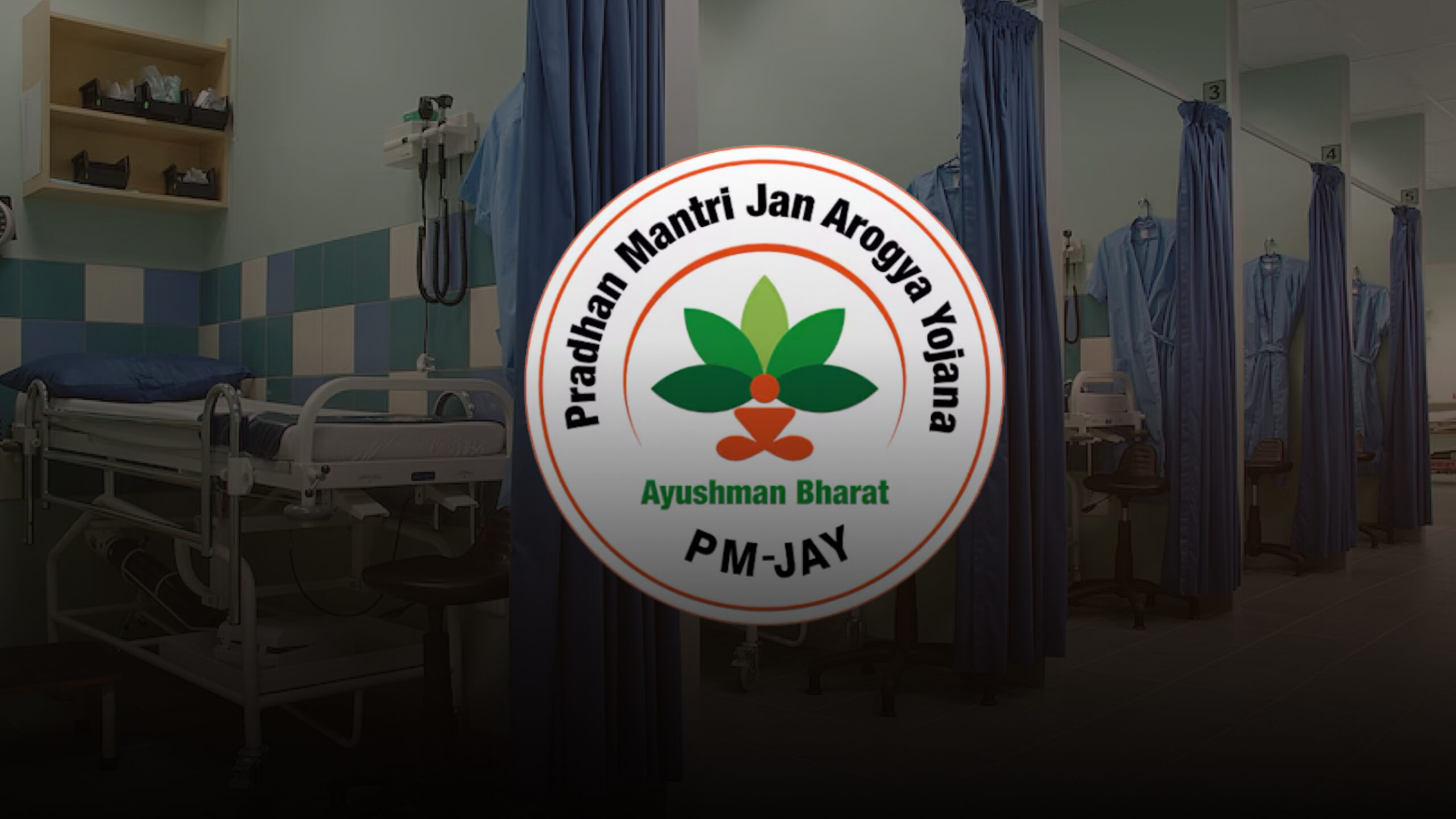NEW DELHI: The central government is set to table the Waqf (Amendment) Bill in Parliament on Wednesday, facing strong resistance from the opposition.
While the BJP-led government argues that the bill will enhance the administration and management of Waqf properties, the opposition has labeled it “targeted legislation” that contradicts constitutional principles.
Despite the pushback, BJP allies TDP and JDU have pledged their support, with JDU, led by Bihar CM Nitish Kumar, emphasizing that the amendments should not be applied retroactively.
Key Details About the Bill
What are the bills, and when were they introduced?
- Waqf (Amendment) Bill, 2024
- Mussalman Wakf (Repeal) Bill, 2024
- Introduced in the Lok Sabha on August 8, 2024
Objective of the Bill
The bill seeks to amend the Waqf Act, 1995, to address regulatory challenges and streamline Waqf property management. The key changes include:
✔️ Renaming the Act
✔️ Updating definitions of Waqf
✔️ Improving the registration process
✔️ Increasing the use of technology in Waqf administration
Key Issues with the Current Waqf Board System (as per the Centre)
🔴 Irrevocability of Waqf properties – The principle “Once a Waqf, always a Waqf” has led to legal disputes, including contested claims over Bet Dwarka islands.
🔴 Legal disputes & poor management – The 1995 Waqf Act and 2013 amendments have failed to prevent illegal land occupation, ownership disputes, and mismanagement.
🔴 No judicial oversight – Waqf Tribunal decisions cannot be challenged in higher courts, raising concerns about transparency.
🔴 Incomplete property surveys – States like Gujarat and Uttarakhand have yet to conduct comprehensive Waqf property surveys.
🔴 Misuse of power – Some state Waqf boards have allegedly misused Section 40 of the Act to declare private properties as Waqf land, leading to legal disputes.
🔴 Constitutional concerns – The Waqf Act applies only to one religion, with no equivalent law for others. A PIL in the Delhi High Court questions its constitutionality.
How Will the Bill Benefit the Poor?
✅ Digitization – A centralized digital portal will improve property tracking and prevent unauthorized claims.
✅ Financial accountability – Regular audits will ensure that Waqf revenues are used for education, healthcare, housing, and livelihood programs.
✅ Preventing misuse – Stronger legal oversight will curb illegal land occupation and increase transparency in Waqf property management.
Frequently Asked Questions (FAQs)
👥 Will non-Muslims be included in Waqf management?
- Yes, two non-Muslim members will be included in State and Central Waqf Boards for greater inclusivity.
🔍 How will technology improve Waqf management?
- A centralized portal will automate records and enhance transparency.
🏠 What happens to Waqf by user properties?
- Registered properties will remain Waqf, unless contested or identified as government land.
👩⚖️ How will Waqf tribunals be strengthened?
- A structured selection process and fixed tenure will ensure fair dispute resolution.
📉 How will financial burdens on Waqf institutions be reduced?
- The mandatory contribution to Waqf Boards will be lowered from 7% to 5%.
⚖️ Will the Limitation Act now apply to Waqf claims?
- Yes, the Limitation Act, 1963, will prevent prolonged litigation over property disputes.
📑 What are the new audit reforms?
- Institutions earning over ₹1 lakh annually must undergo state-audited financial reviews.
🏛️ What does the removal of Section 40 mean?
- Waqf Boards will no longer have unilateral power to declare private properties as Waqf.
With support from NDA allies and strong opposition backlash, the debate over the Waqf (Amendment) Bill is expected to be intense. Whether the proposed changes bring transparency or fuel further controversy remains to be seen.
Read also: https://newsonthego.in/us-court-rules-summons-not-served-on-nsa-ajit-doval-during-us-visit/




